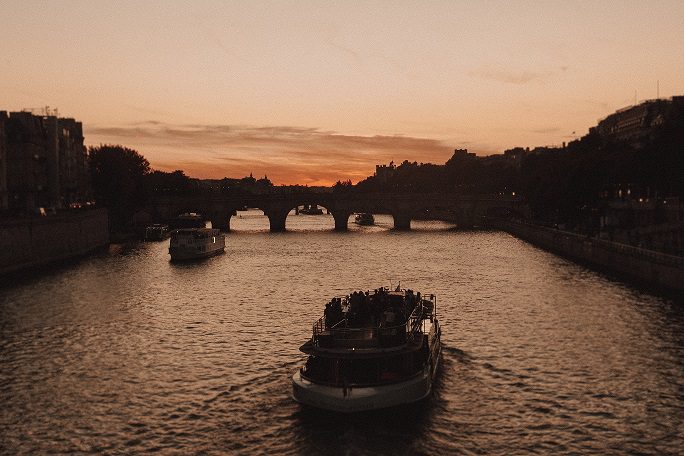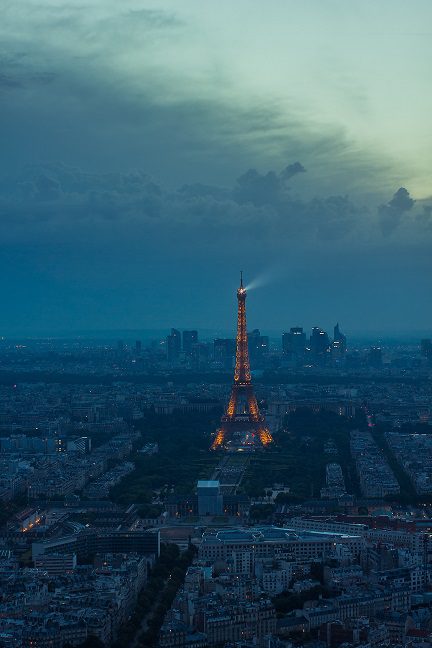
Travel in the time of Covid



August 23, 2021
Are you itching to travel abroad again? I certainly was. The incentive was strong given much of our family lives in Europe. So, we accepted the risks and the bureaucracy and made another European trip recently – this time to France. We had the opportunity to see firsthand that Paris is still vibrant and beautiful. The French continue to clog up their roads in the mad summer escape from the city, and the country is generally moving towards dealing with Covid as an endemic disease.
Travel experiences like these may seem to have little relevance to investments outside of buying shares in an airline or hospitality company. I believe they play another important role. We all suffer to some degree from the flawed belief that other people have similar experiences to our own. Globalization has spread familiar brands all over the world, making it easier to think the person eating a Big Mac in Beijing is living a life similar to our own. Of course, the reality is different.
For all the flaws in our society, we live in a country where individuals have choice and opportunity to a degree that does not exist for most people. From an investment perspective, there is a danger to getting sucked into thinking that other people, and by extension other economies, operate like ours. This mistake might not be too critical in Western Europe where there are great similarities to the US (much as the Europeans might claim otherwise). However, false assumptions about similarity can be dangerous in some other parts of the world.
The current turbulence in China is probably the best example of the risks of imagining things run just like here. China’s economic success has been stunning over the decades since the country was opened by Deng Xiaoping. Much wealth has been created, and the standard of living has increased dramatically. The Chinese Communist Party appeared to retreat into the background much like a quiet benevolent aunt at a family gathering. However, this person was never a benevolent bystander but rather the family matriarch who can willfully exercise power and control if she decides the family has become too rambunctious, or too disrespectful.
Covid restrictions have kept most people across the world trapped in their own countries, which has had the indirect effect of making us all less informed and more insular. To compound this problem, the lack of any clear and compelling strategy for dealing with the pandemic has led to countries taking very different routes. Moreover, nations have become somewhat righteous about their chosen approach. New Zealand and Australia are good examples. Both have become isolated nation-states with their populations accepting of controls which would have been unthinkable two years ago – and they seem very proud of what they are doing.
Surely travel is not just a ‘nice to do’ but an essential part of helping us understand our interconnected world? Without that understanding, how can we possibly assess the risks and rewards of investing overseas?
Richard Rushton


